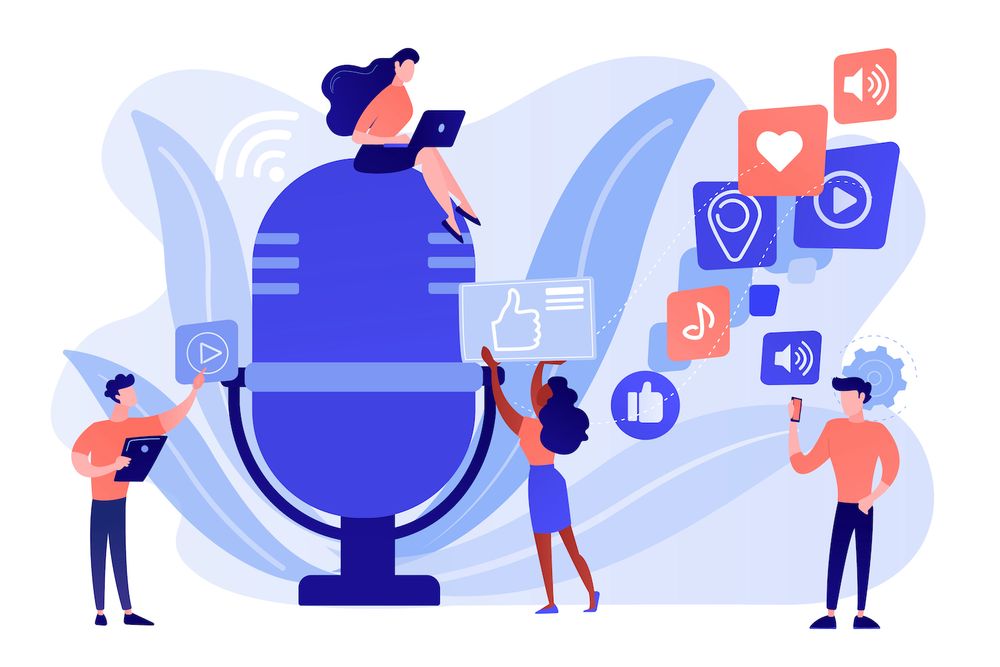Information: A Tentative Settlement of the Google Play Antitrust Litigation Announced -
The day before, on Sept. 6th, a preliminary settlement was reached in an action brought from 37 U.S. states against Google's Google.
Below are the most important details concerning the matter and what this could be for companies that offer products that are digital through Google's U.S. Play Store.
What exactly is the Google antitrust lawsuit about?
In Utah v. Google, 37 attorneys general maintain that Google employs unlawful, anticompetitive and/or unlawful business practices which hinder competition, drive up costs, and make it difficult to choose that hurt consumers purchasing games or other digital products on the Google Play store.
Led by Utah Attorney General Sean D. Reyes, the suit focuses on "exclusionary actions relating to Google Play Store for Android," with actions such as shutting down other app distribution channels and requiring the use of Google Billing (with up to 30% of the commission going to Google).
The lawsuit is led by AGs in New York, North Carolina, and Tennessee as well as the 37 AGs comprise 21 million people in the action.
What was the latest development in the Google antitrust case?
The settlement has been announced, but details were not released. The court still needs to accept the settlement, however those who are part of the settlement (including the Utah's AG) are asking that the scheduled November. 6 trial not be held.
Google has denied any wrongdoing, and has not yet commented about this development.
There is no current timeline for when information are expected to be made public, however because it's an action class-wide it is likely that the information will be released once the lawsuit is resolved.
What does it mean for game developers and app creators from the US or other countries?
If the conditions of the settlement include relaxing the current Play Store restrictions and the obligation to utilize Google Billing which is a payment method, it could be a huge win for app and game developers seeking to broaden the way they sell their apps by using less expensive, direct-to-consumer methods similar to .
According to an announcement on Utah Attorney General Sean D. Reyes' website the 30% Google commission "is more than the commission that consumers would pay if they had the ability to choose any of Google's competitors." The lawsuit claims Google has not kept its word that it would make Android "open source" so that device manufacturers and developers of apps could design and create apps with no limitations.
The full implications until the terms of the settlement have been officially announced.
What about Apple?
You may already be familiar with Epic Games' case against Apple regarding similar issues. Following the time that Epic offered Fortnite users to use its own payment system, giving them discounts and other discounts, both Apple and Google have removed Fortnite from their apps stores. Epic then sued both Apple and Google in separate cases.
This past April, a 9th Circuit U.S. Court of Appeals has ruled in the Apple appeal, with conflicting outcomes. They sided with Apple in determining that its App Store doesn't violate Federal antitrust laws. However they also concurred with an earlier ruling by a lower court favor of Epic and ruled that Apple's ban on allowing app devs from sending users to different non-App Store payment options violated California's Unfair Competition Law.
Epic filed a petition with the U.S. Supreme court to let the injunction take effect and to force Apple to alter its App Store policies even though Apple is still appealing the ruling. But in August, the SCOTUS ruled against Epic's appeal, suggesting that changes may not be applied until appeals are concluded.
Epic isn't part of the Utah v. Google case, since they're in their own case (with Match Group) against Google. But Epic's chief executive Tim Sweeney posted on the social networks the following day "If Google is ending its payment monopoly, without having to impose the Google Tax on third-party transactions, then we'll settle and join with Google in their new era."
How can it help game developers with direct-to-consumer payments and subscriptions?
Additionally, our solutions are coupled with an online platform which offers the JavaScript Store Builder Library to get you up and running for quick integration into your app or game.
More Information
The Utah Attorney General's website contains other resources related to the issue.
